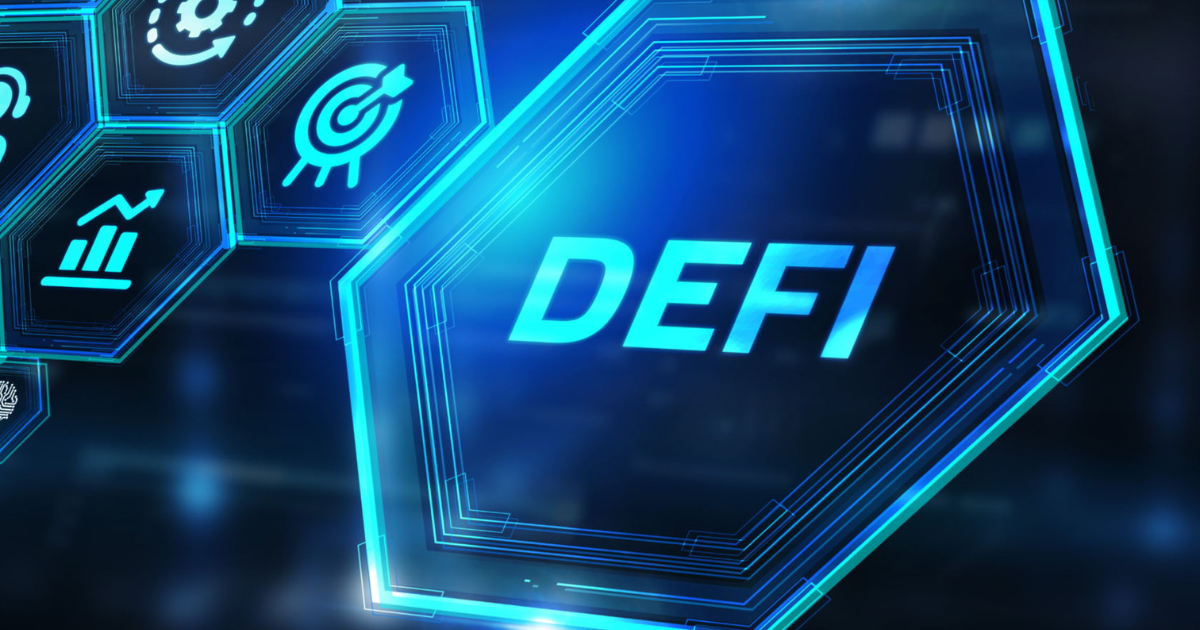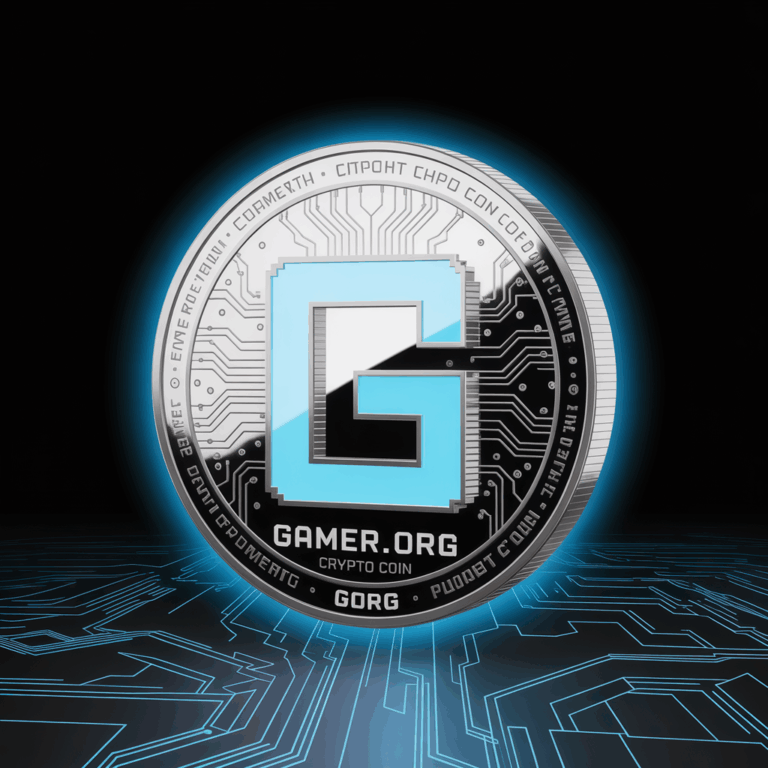What is DeFi? Decentralized Finance, or DeFi, introduces a new approach to finances. The conventional financial system depends much on middlemen such as banks and broker firms. DeFi seeks to eliminate these intermediaries by the use of blockchain technology and cryptocurrencies. This system of peer to peer enables direct dealings between individuals and firms or businesses across the world. Let’s see what makes DeFi so relevant in the prevailing crypto landscape.
Key Takeaways:
- The removal of financial middlemen with the use of blockchain technology clears the way for direct transactions between peers with reduced fees.
- Learn what is DeFi and know some of the most famous DeFi applications are decentralized exchanges, lending platforms and yield farming opportunities.
- DeFi makes financial inclusion pervasive by offering services to whoever has access to the internet, whether location or banking status appealed to.
- DeFi has however challenges such as security vulnerability, conflicting regulations and user experience.
Understanding DeFi Basics

Blockchain technology underpins what is DeFi operation, forming secure transparent financial networks. Digital wallets and applications are used by users as interfaces to what is DeFi instead of physical bank branches. These applications interface with blockchains and allow different financial activities. Anyone who can access the internet can contribute, from any location or financial capability. This worldwide reach is a big advantage over everyday banking systems.
The major principle of the DeFi forays on eliminating gatekeepers in financial transactions. Banks usually charge their customers for routine services such as transfers and maintenance of their accounts. In most cases DeFi allows one to pay lower fees and have more flexibility. Providers of services hold assets in their custody as opposed to users in their own private keys.
Popular DeFi Applications
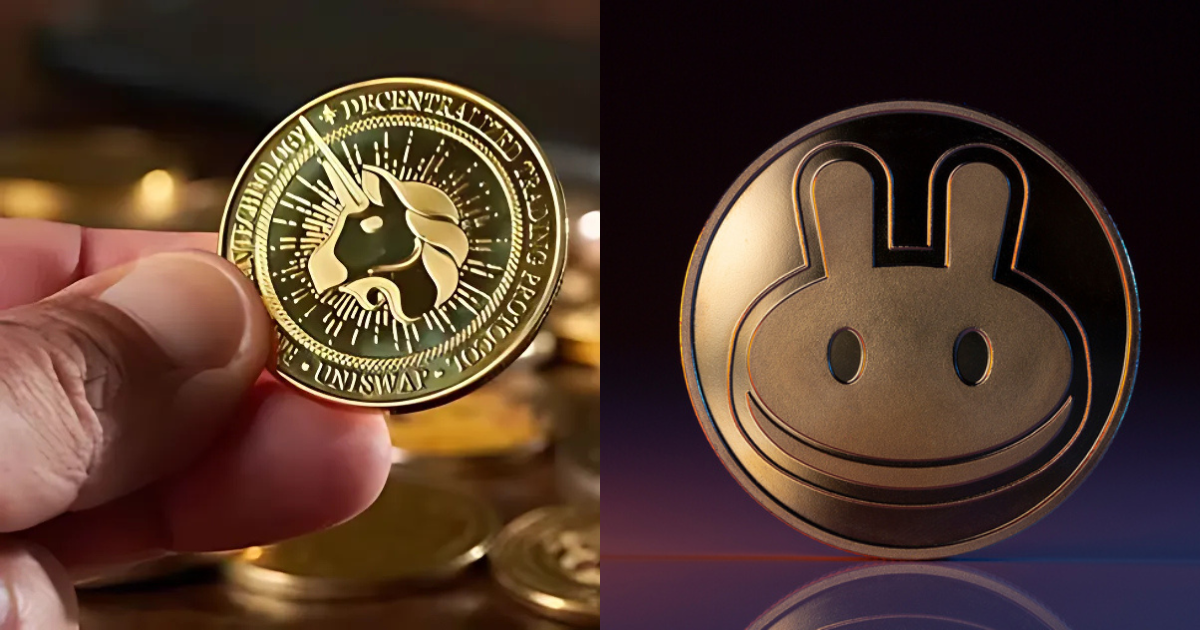
What is DeFi does not stop with simple transfers of money. Uniswap and PancakeSwap type decentralized exchanges allow the users to trade cryptos between themselves directly. In turn, these platforms operate without central authorities controlling the order books and holding funds. Transactions operate automatically via the smart contracts on the blockchain.
Another major DeFi category can be described as lending and borrowing. Users can earn interest through providing liquidity to borrowers on platforms such as; Aave. Lenders do not have the conventional credit-verifying process nor do they have a lengthy approval process and they can issue funds from the lender’s account to the corresponding account of the borrowing client using a PLC. The interest rates change depending on the supply and demand than bank policy.
The crypto enthusiasts have found popularity in Yield Farming wherein one can earn returns on their holdings. Assets are locked by users in liquidity pools so that they can get rewards and interest. There are some DeFi applications that pay users extra tokens to provide liquidity. Such rewards at times even yield phenomenal rewards even as compared to normal savings accounts.
The Importance of DeFi in Crypto
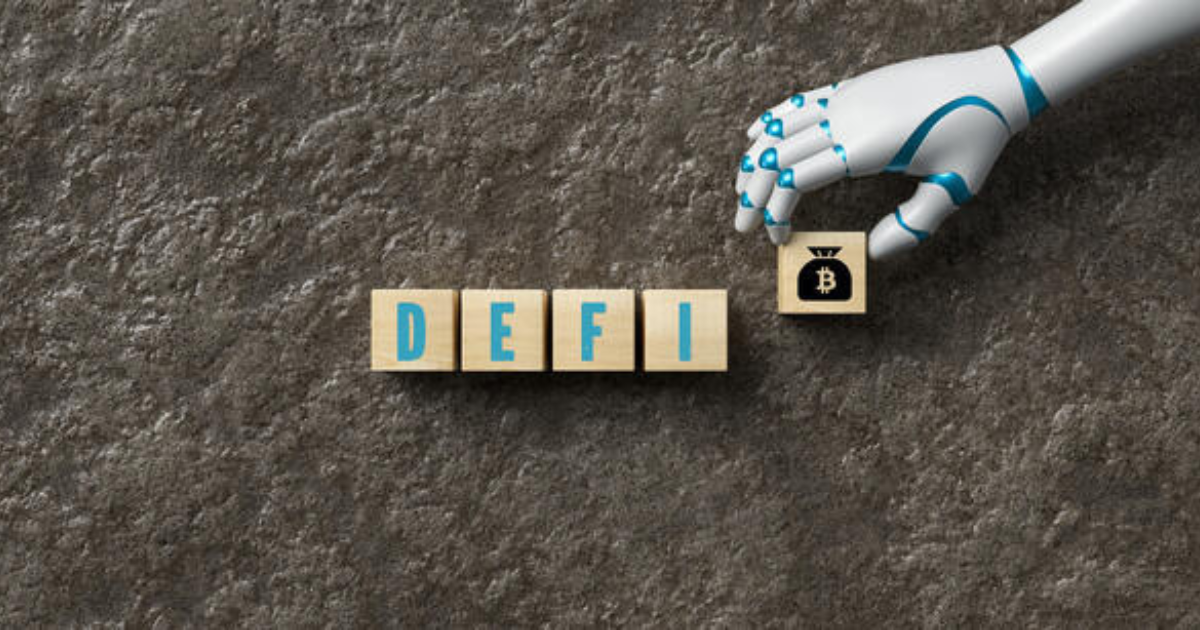
DeFi provides the financially excluded and underbanked the world over with access to financial services. Less than two billion people do not enjoy access to simple banking services. DeFi only needs one’s access to the internet and a digital wallet, hence increasing the accessibility of finances. Developing region users can access the same tools that the financial centers do so.
DeFi ecosystem is conducive to innovation because it is open source. Developers can stamp new financial products on top of already developed protocols. This collaborative environment speeds growth of financial solutions. The composability of DeFi applications enables them to interact perfectly.
DeFi also makes a call for transparency in the financial process using the public blockchains. All transactions are still in sightable and verifiable by anyone. Users can check the financial state of platforms before they place their money.
Conclusion: What is DeFi
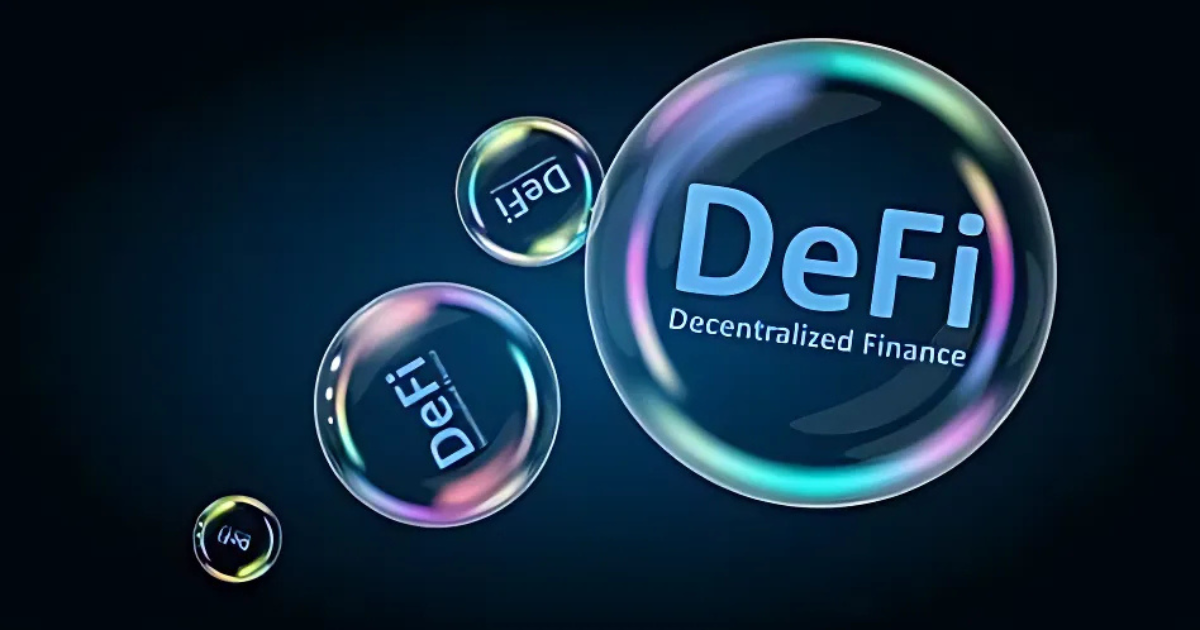
Curiosity still prevails and questioning “What is DeFi?” still sticks around. Security continues to be a problem because there have been hacks and exploits leading to billions of dollars in losses. There are numerous DeFi apps going to market without proper security tests. Before putting in a lot of dough, users will need to check platforms thoroughly.





